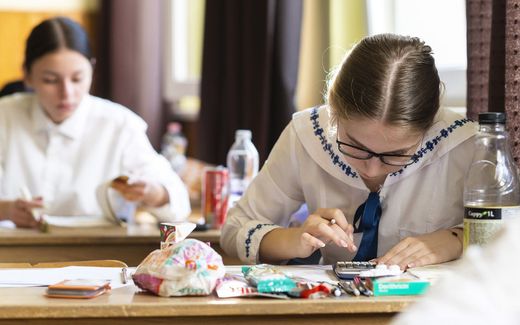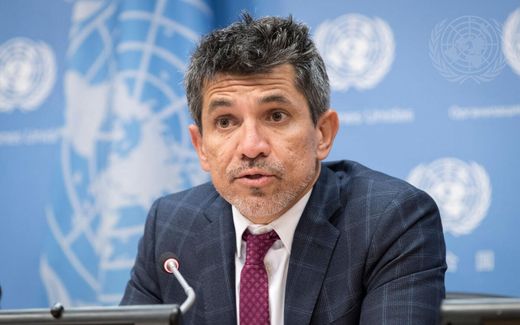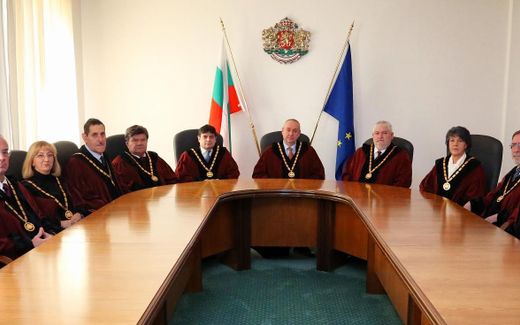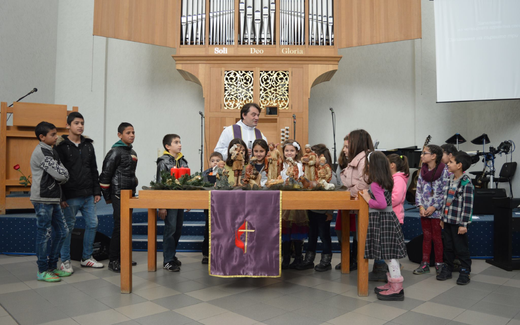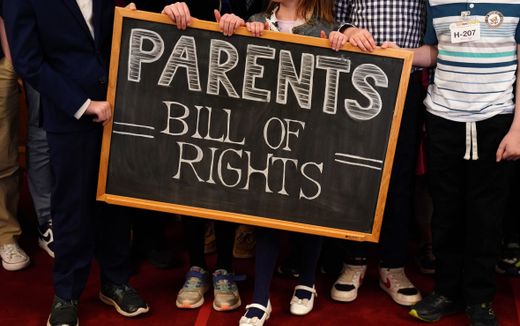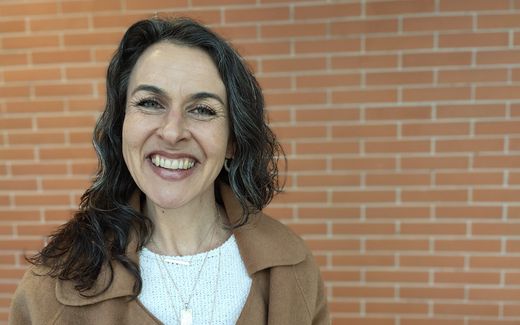Bulgarian school welcomes new child protection law
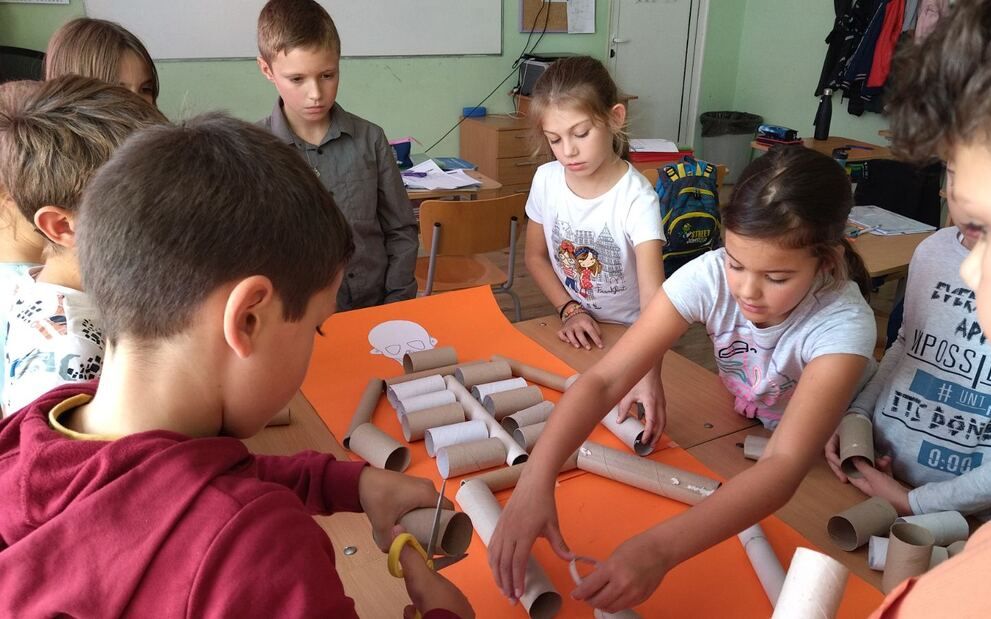
Students at the Petko R. Slaveykov school in Sofia. Photo Petko R. Slaveykov school
Eastern Europe
On Thursday, the Bulgarian government passed a law that forbids the promotion of non-traditional sexualities in schools. Principal Nadya Stoykova is happy with the development.
“Schools are there for education, not for promoting the LGBT culture”, Stoykova says in a CNE-interview. “We, as teachers, are not psychologists who should guide the children in their sexual identity.”
The Bulgarian parliament accepted the proposal for a ban on LGBT propaganda in schools on Thursday with an overwhelming majority, Radio Free Europe writes. In total, 159 MPs voted in favour of the amendment to the Law on Preschool and School Education and 20 against. Ten MPs abstained.
The accepted proposal reads that “carrying out propaganda, promoting or inciting in any way, directly or indirectly, ideas and views related to non-traditional sexual orientation and/or determination of gender identity, other than biological” is forbidden in schools. The Bulgarian constitution defines marriage as a union between a man and a woman. In other words, promoting any other ideas about sexuality and marriage will be forbidden in Bulgarian schools.
Difficulties
Nadya Stoykova, the principal of the Petko R. Slaveykov school in Sofia, supports the new law wholeheartedly. She notices that LGBT organisations in Bulgaria are trying more and more to gather support for their ideas. “For example, they distributed leaflets at schools that said that if children experienced difficulties with their sexuality, their parents must accept their new identity.”
Petko R. Slaveykov school
The Petko R. Slaveykov school in Sofia consists of 150 students. It offers education from Kindergarten to Grade 12 to children between 5 and 19 years old. The school is a private school that teaches Christian ethics as an independent, optional subject. Christian schools do not exist in Bulgaria.
The new law proposal stresses again that ideological and/or religious doctrines are forbidden to be taught at schools. Principal Nadya Stoykova explains that all schools in Bulgaria are officially secular. If the teachers want to do a lesson about Christian faith or any other religion, they need to have permission from the parents and the principal of the school.
Stoykova is happy with the new law as it gives her equipment to refuse the LGBT materials at her school. “Now, I can just tell these organisations that I don't want the leaflets in my school, because that is forbidden by law.”
The new law does not mean that sexual education is not allowed anymore at schools, the principal stresses. Actually, the curriculum at her school will not be affected by the law change. Currently, the sexual education at the Petko R. Slaveykov school focuses mainly on the biological side of the matter, not the ethical or the moral side, Stoykova explains. “Schools have no right to treat these subjects. The kids are in my school to be educated, not to be subjected to propaganda. I don't promote any sort of marriage, not even the traditional one. But we do speak about the importance of the family and teach the children to be grateful for their families.”
That does not mean that children don't learn about sensitive topics, such as pornography and sexual relationships with minors. “These things are forbidden in Bulgaria by law”, Stoykova says. “So, it is easy to discourage children from participating in such activities. It is simply illegal.” Also the topic of homosexuality is touched upon, but merely factual. “It exists.”
New name
At the same time, gender issues do not pass the school by. Also at the Petko R. Slaveykov school, there are students who have doubts about their gender or sexual orientation. For example, there was an 11-year-old girl who wanted to be a boy, says Stoykova. She asked her classmates and teachers to call her by her new name. The principal took the girl apart for a conversation. She then discovered that the student had started to watch pornography every night and by now strongly disliked her body. That made her vulnerable to the message from LGBT organisations that gender is not important and something you could choose, Stoykova explains.
For the school, this was the reason to think about rules to create clarity for parents, teachers and students. The result is an official document that stipulates that students are referred to with the gender they were born with.
Students who struggle with personal questions about their sexual identity or orientation are referred to professional counsellors and psychologists. Often, these struggles are the result of more complex problems, says Stoykova. “Abuse, neglect, porn addictions”, she sums up. “And sometimes, teenagers are confused about their gender, just because they feel uncomfortable in their bodies. All this shows that we should not merely confirm their gender choice without checking where it comes from. Instead, we should protect children.”
Related Articles


